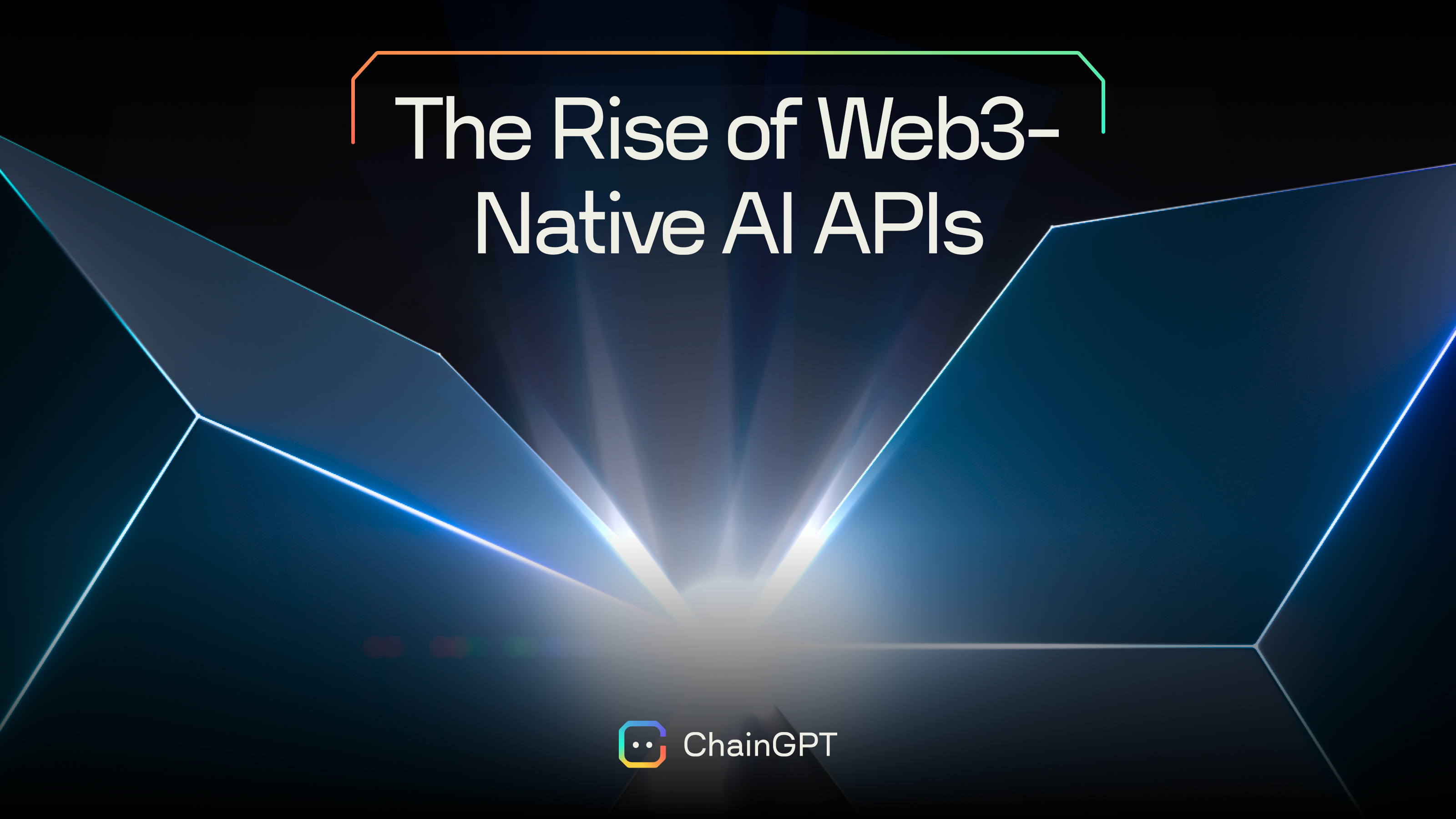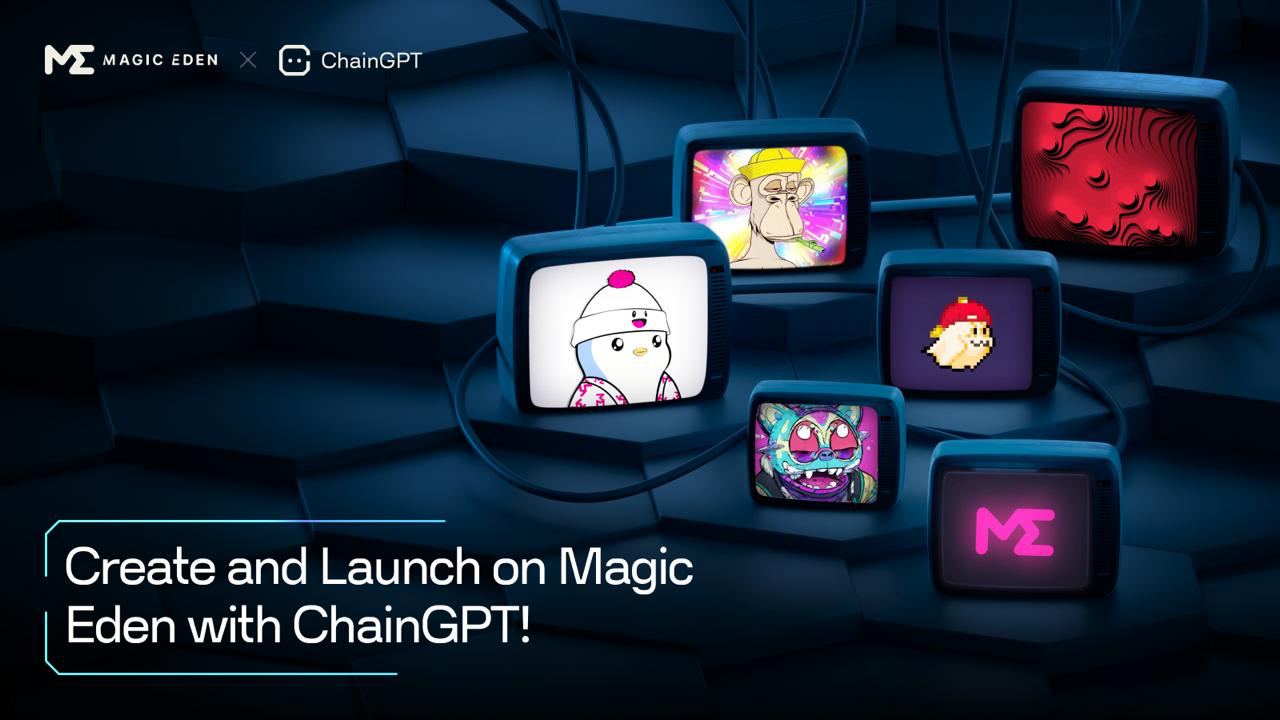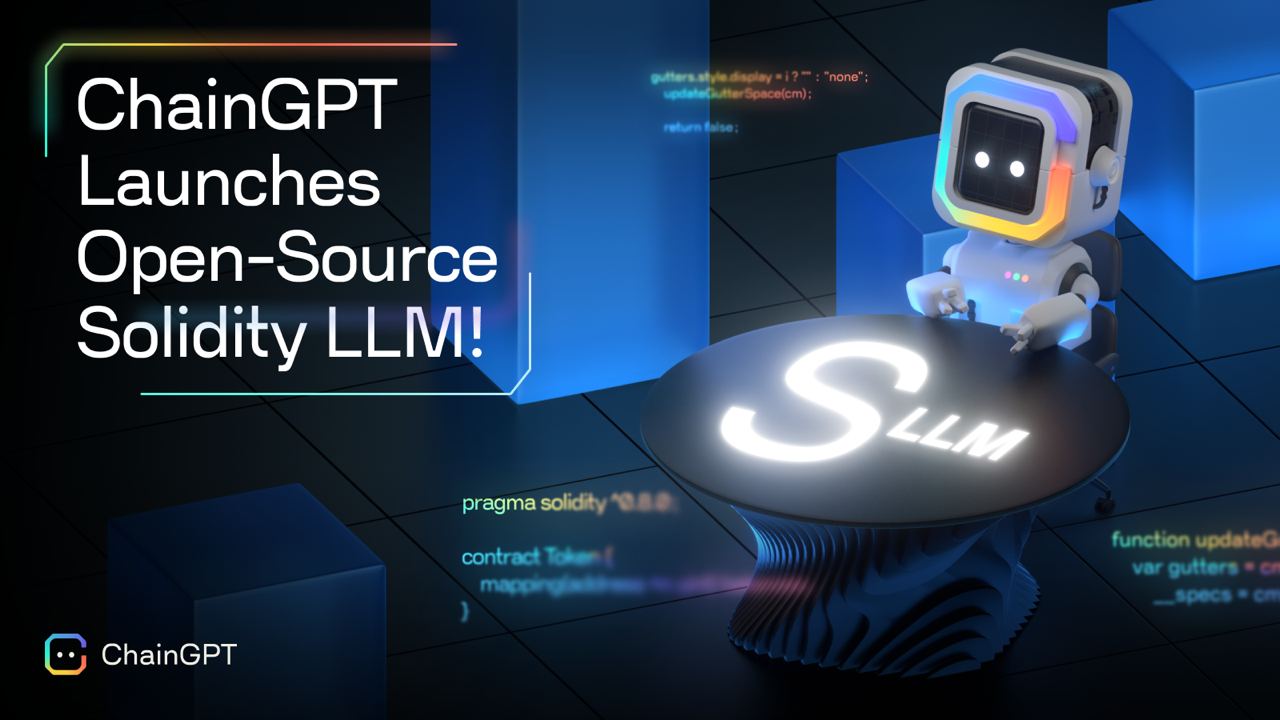
One of the most popular conversations around the topic of Artificial Intelligence has been around the displacement of humans from the labor market.
Fearmongers in the ranks of mass media thrive on the creation of emotional, painful, distressing information that brings them attention. The more they can emotionally trigger somebody, the more likely it is that they will earn another few cents to do it again tomorrow.
Many white and blue-collar workers have been scared into a corner by a narrative that their jobs will be taken from them by robots.
One of the industries that stands to be influenced the most by this transformation is of course, technology.
At the forefront of the tech labor market is the burgeoning crypto, blockchain, and Web3 space.
Here is what we think will really happen in terms of AI impacting Jobs in Web3.
AI is a Tool
Artificial intelligence has made incredible strides towards the consolidation of human knowledge in digital systems. Counter to how the current generation experience it, this has not happened overnight; in fact, the first mention of what we today call AI was coined as far back as 1956.
Songs have been sung about the end of the world scenarios for over 75 years now.
As you can tell,
We are still here.
We are more abundant than ever.
There are more jobs than ever.
There is more work than ever.
The recent breakthrough that has the masses in a frenzy came in the form of the LLM or Large Language Model.
LLMs are neural networks that apply sophisticated communicative capabilities to comprehend human-grade instructions and interact with society in a seemingly natural way.
The ability to have a computer respond to our queries in a way that is pertinent, concise, and contextually accurate in front of our very eyes in real time seems like magic on surface.
But this is just another illusion.
This class of cybernetic intelligence is categorized as “Generative”, or capable of creating on the spot. However, when we dig into what is actually taking place in the black boxes/ under the hood of this tech, we quickly realize that LLMs are basically glorified prediction engines (which have existed for over a decade at Google) with a few modularity's relating to how it sources information and how it structures its responses.
Granted, the tool itself is a breakthrough in terms of productivity; the amount of time that it can save and the increase in output it can create is astounding.
Given that nearly everything humanity touches has some element of textual communication, be it writing screenplays, copy for products, code for software, or reviews of documents; the very fiber of human connection is founded on combinations of numbers and letters being properly sequenced and delivered.
But herein, we find the crux of it all; AI is still a tool.
As is the case with tools, there must be an operator to make use of them.
A programmer must still understand the nature of what kind of code he/she prompts for the AI to generate.
A writer must understand their own intentions and the psychological predisposition of their audience to understand the message they wish to get across.
A salesman must craft their pitch to reflect their personality and the desired emotional association they want their audience to feel.
AI will just give them a new format to express their creative thinking process through.
The Dawn of a New Era
The AI systems of today are nowhere near the objects capable of ending society as we know. But it will nudge us in the direction of permanent social transformation.
As is the case with any transition of humanity into a new era, from the first industrial revolution of agriculture in ~1760, to the second revolution of industrialization in the 1900s, to the third revolution of mainframes and commuting in the 1950s, the fourth industrial revolution of AI will bring about a new way of life in society.
The arrival of artificial intelligence has been a long time coming, yet society at large is reacting to it similarly to how society reacted to the arrival of electricity in the early 1900’s; with propaganda.

Certainly, times were radically different back then, and the adaption of civilization from an oil-powered candle burning to one of lightbulbs was not all peaches and crème.
But it also happened to be the foundation upon which we built modern life.
Stripping away the compulsive emotional biases, Let's unravel the impacts of the coming to a world with AI through the lens of the good, the bad, and the ugly.
The Good
Any technological breakthrough, creates a new paradigm of opportunity upon which entire industries are founded and economies are built.
1. Arbitrate Out Repetitive, Redundant Tasks.
By virtue of its design, AI is efficient at doing work that is repetitive. Repetition may be good for when building muscle density or developing discipline, but it is also the killer of creativity.
In today's labor markets, there are certain jobs that must be had which are of low direct value, require almost no skill, and do not provide workers with transferrable skills of long-term value; they are simply a necessity for maintaining orderly operations.
It is said that in the business, workers spend anywhere from 60–80% of their time doing administrative work and only 20–40% doing important productive work.
The same time spent filing, organizing, and tagging will now be much more streamlined through automation with an artificially intelligent agent. By opening up this time and freeing humans from the confines of redundancy, more opportunities for creative work and social endeavors will arise.
2. New Jobs Will Arise.
Through the synthesis of human and machine efforts, new vectors of work will pop up. At the surface level will be those jobs that deal with the maintenance, monitoring, management, and assistance to AI’s; where humans will collaborate with machines to autocorrect each other.
Nurses will have intelligent interfaces that will need quality assurance checks on patient results.
Financers will have their data analysis processes intensified by orders of magnitude. That vastness of data will need somebody to make sure it is appropriate and accurate. That does not mean Data Analysts will disappear; their jobs will just transform into a different version of itself.
Translators will now be assisting AI to be emotionally aware of the nuances of communicating with more nations, with more accuracy, and with greater ease.
3. Greater Opportunity Potentiality.
Those capable of operating with these tools will be able to generate more wealth than every before. With every new industrialization came an influx of new entrepreneurs and wealthy families. Out of the steam engine, we had adjacent things such as the railroad arise and the Carnegies arrive.
AI is the industrialization of intelligent processes; new opportunities for businesses never even thought of before or not capable of being materialized without the AI tooling will now become accessible to the risk-taking builders of society.
The Bad
Every Yang, must have its Yin.
1. Some jobs will be lost.
Sometimes, in order to make space for the great, we must get rid of the good (or what we perceive to be as good).
This is never an easy time for those at the receiving end of this.
2. Media Will Spin False Narratives
Mass media will take every opportunity to harp on the emotional turmoil of the minority and amplify it just to gain attention, sympathy, and push the narrative of dinosaur entities that are losing their footholds.
These narratives will permeate society, further distort reality, and needlessly push those in difficult places into even deeper senses of loss.
The Ugly
Beauty is in the eye of the beholder.
- Margaret Wolfe Hungerford
1. Dependence Distortions
Many people will fall into victim mentalities, many will subject themselves to false interpretations of what AI is, and ultimately will develop a higher proclivity to become lazy and afraid of nothing.
Those on the side of the social spectrum with no intellectual sovereignty shall all the more be relying on machines to do the thinking for them and be happy living on UBI sustenance and in illusions.
2. The transition will be messy.
Bravely charging into uncharted territory holds many unknowns; while we unravel them, unintended consequences will take place. While it is impossible to foresee the exact permutations of how things will be evolving, it would be unwise to anticipate that nothing will go wrong.
Potentially skilled people will be displaced and might be forced into doing menial labor that they are overqualified for. Likely not forever but as a transitory phase.
Unskilled people that contribute no value to society will be able to find gaps in the market and suck out capital from eager, overworked individuals. (We can already see such things taking place with the rise of the recent Tik Tok fad where people aimlessly sit there talking about emojis, pretending to be cats and throwing out phrases like “ice cream so good”; we digress.)
Let's shift our attention from the macro and gear this conversation towards our beloved industry.
Jobs in Web3
Crypto, blockchain, and Web3 are intellectually dense subject matters that require domain expertise, coordination, cooperation, and creativity.
Community Managers, Content Creators, Developers, Researchers, every single role of those working in Web3 will be impacted.
Some of the work considered to be most daunting and difficult, creating and auditing smart contract have become one of the first valuable applications for us.
Given how much more productive individuals will be able to be with their tools, teams will no longer need to be painfully large.
Instead smaller teams will not be able to solve bigger problems, resulting in higher salaries for the workers and greater degrees of equity retention for the owners.
This is a good thing.
As teams become smaller and the surface area for opportunities widens, more companies will be built. Those who were previously employees will be pushed to taking larger risks and pursing the highest called of mankind, solving problem through enterprise.
The Verdict
Will artificial intelligence replace jobs?
Yes, we believe it will.
However, it will not be the doomsday scenario that is incessantly floating on social platforms and media channels.
Humanity will need to adapt its worldview to synchronize its actions with the new tools handed to us, by us.
Crypto is positioned at the very unique intersection between finance, technology, and mass human psychology. This mixture gives it distinct flavors around one of the more complex subjects that AI injects into society which is the acceleration of innovation. AI will not just bring new technologies to market, it will bring technologies that speed up the arrival of new technologies.
Priming it to actually be one of the areas that will benefit the most from this transformation.
Humanity holds the true essence of creativity within it;
The power of free thought.
The power of free will.
To create is divine.
AI is here to Help Us in our evolution towards singularity.
We become what we behold.
We shape our tools and then our tools shape us.
- Marshall McLuhan
General Resources:
🌐 Website | 📧 Contact | 📃 Whitepaper
Connect with us and Join the community:
Twitter | Telegram | Discord | Instagram | LinkedIn | Youtube | TikTok





.png)
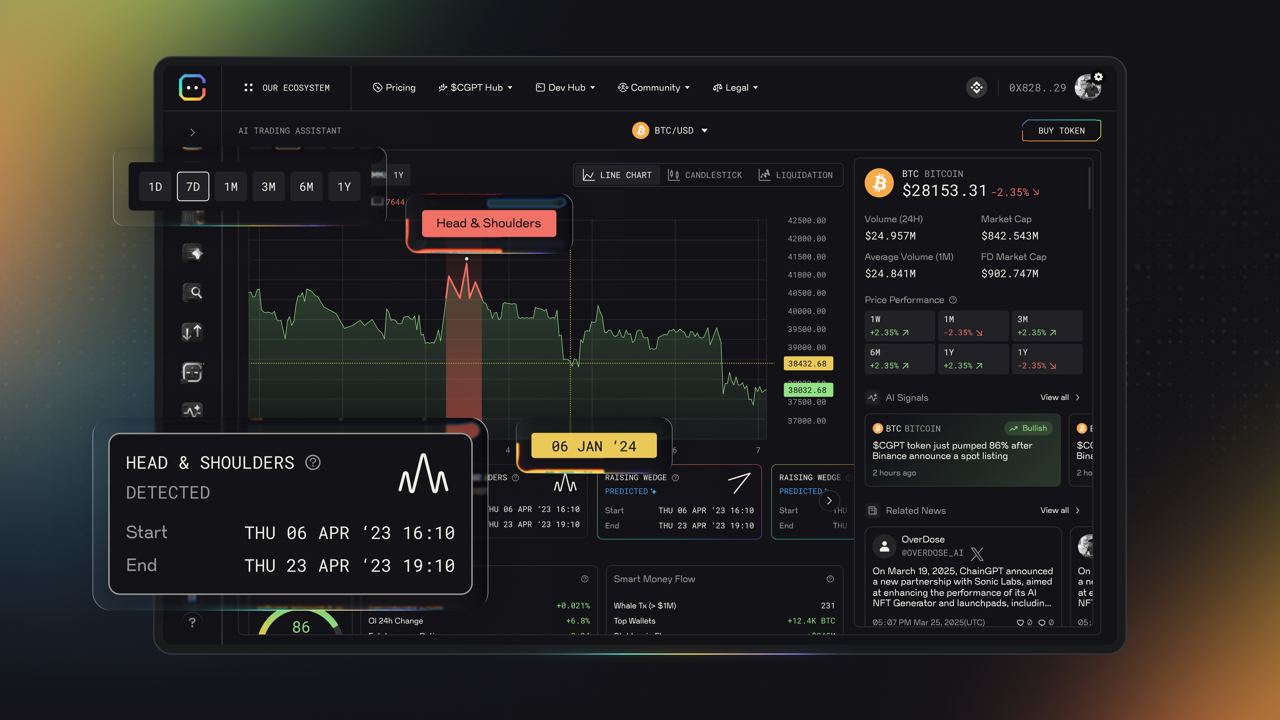


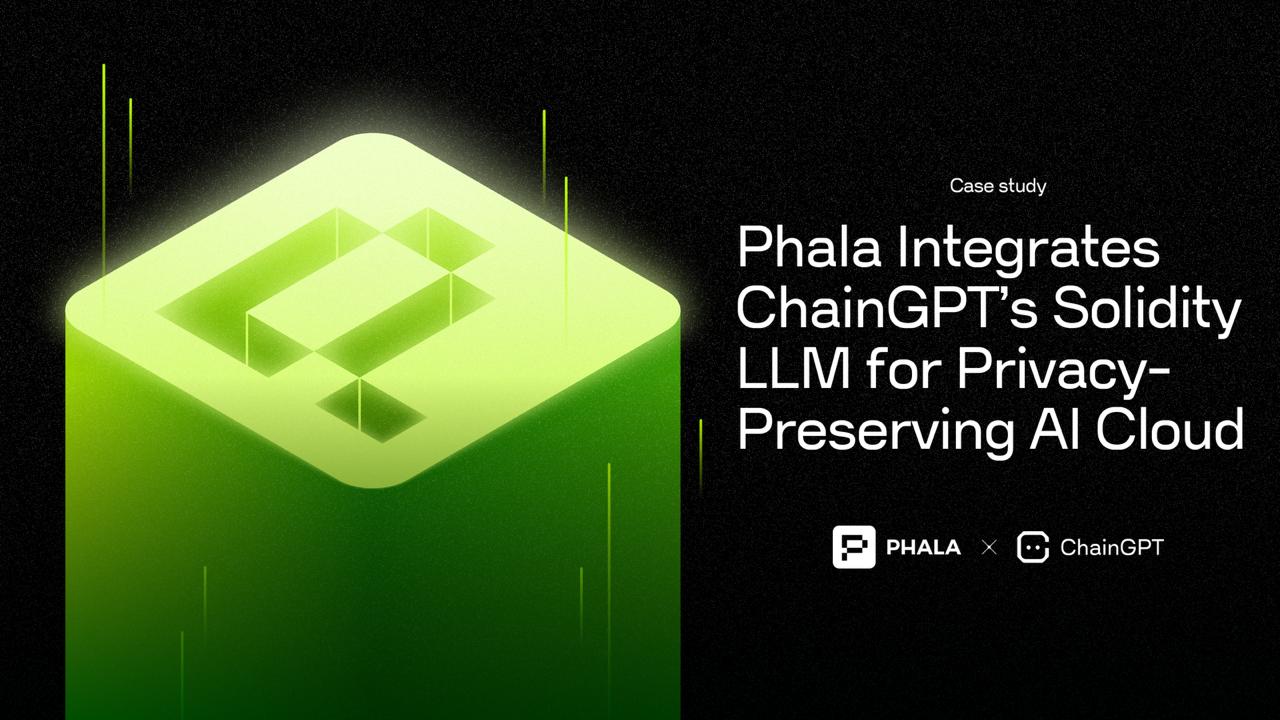


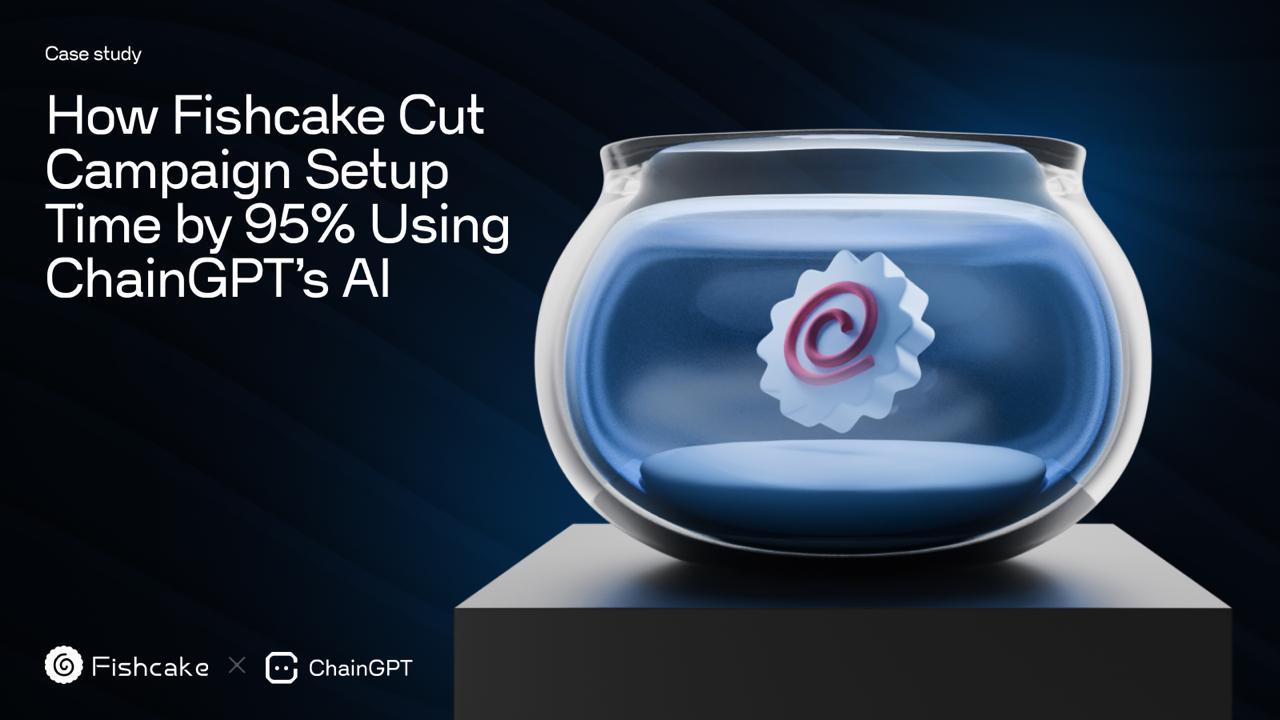
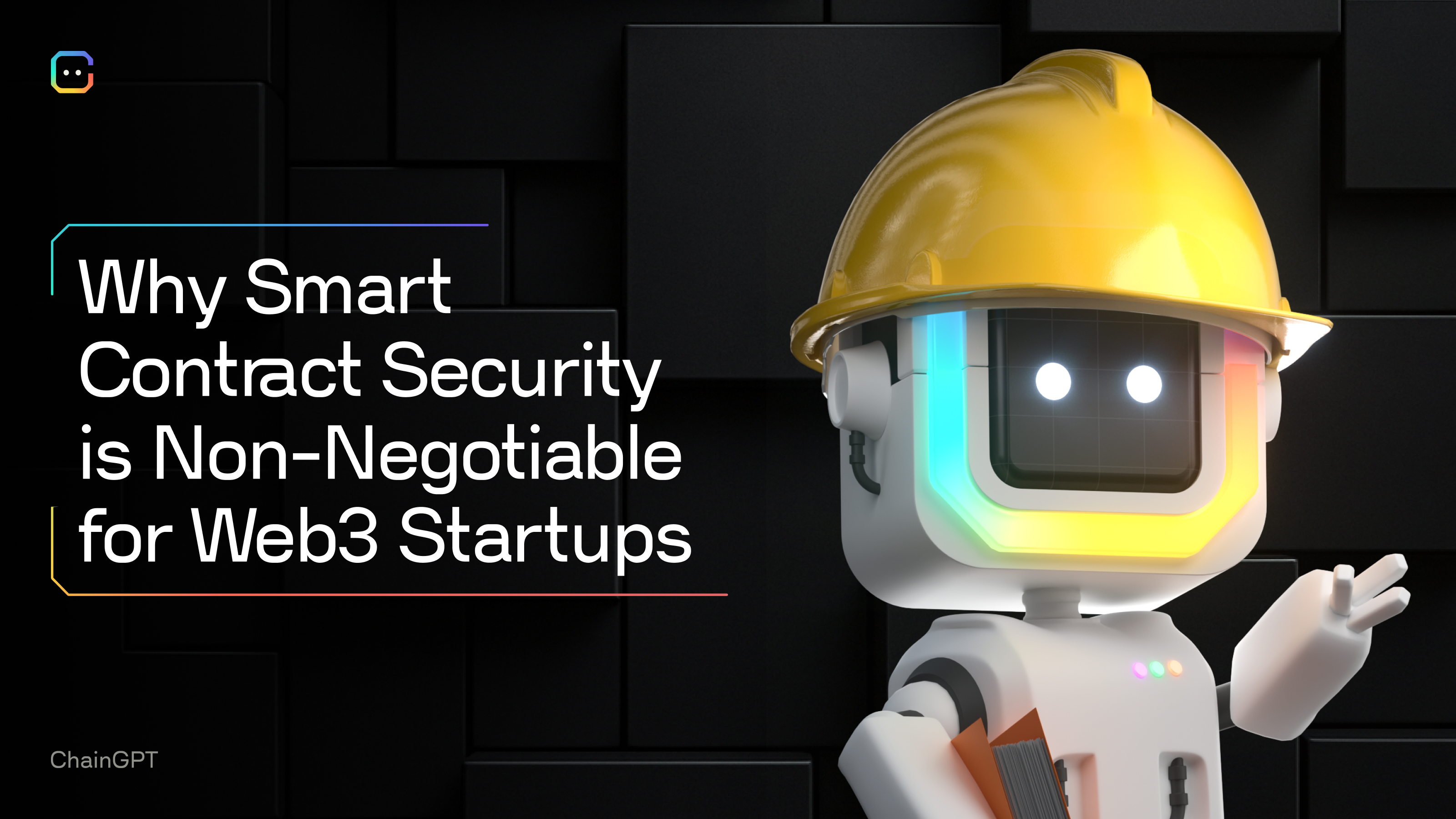
.jpg)
